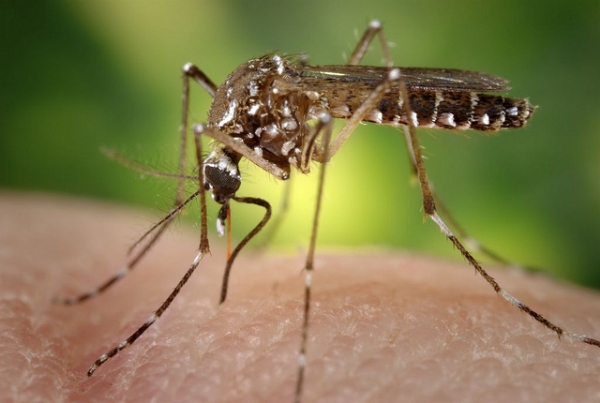Please go to your local doctors 6 weeks before travel to get you immunisation up to date against the lists below
Measles occurs worldwide and is common in developing countries. The pre-travel consultation is a good opportunity to check that you are immune, either by previous immunisation or natural measles infection.
Malaria is a serious and sometimes fatal disease transmitted by mosquitoes. You cannot be vaccinated against malaria
Please go to your local doctors 6 weeks before travel to get you immunisation up to date against the lists below
Confirm primary courses and boosters are up to date as recommended for life in Britain - including for example, vaccines required for occupational risk of exposure, lifestyle risks and underlying medical conditions.
Courses or boosters usually advised: Hepatitis A; Tetanus.
Other vaccines to consider: Hepatitis B; Rabies.
Hepatitis A: spread through consuming contaminated food and water or person to person through the faecal-oral route. Risk is higher where personal hygiene and sanitation are poor.
Hepatitis B: spread through infected blood and blood products, contaminated needles and medical instruments and sexual intercourse. Risk is higher for those at occupational risk, long stays or frequent travel, children (exposed through cuts and scratches) and individuals who may need, or request, surgical procedures abroad.
Rabies: spread through the saliva of an infected animal, usually through a bite, scratch or lick on broken skin. Particularly dogs and related species, but also bats. Risk is higher for those going to remote areas (who may not be able to promptly access appropriate treatment in the event of a bite), long stays, those at higher risk of contact with animals and bats, and children. Even when pre-exposure vaccine has been received, urgent medical advice should be sought after any animal or bat bite.
Tetanus: spread through contamination of cuts, burns and wounds with tetanus spores. Spores are found in soil worldwide. A total of 5 doses of tetanus vaccine are recommended for life in the UK. Boosters are usually recommended in a country or situation where the correct treatment of an injury may not be readily available.

